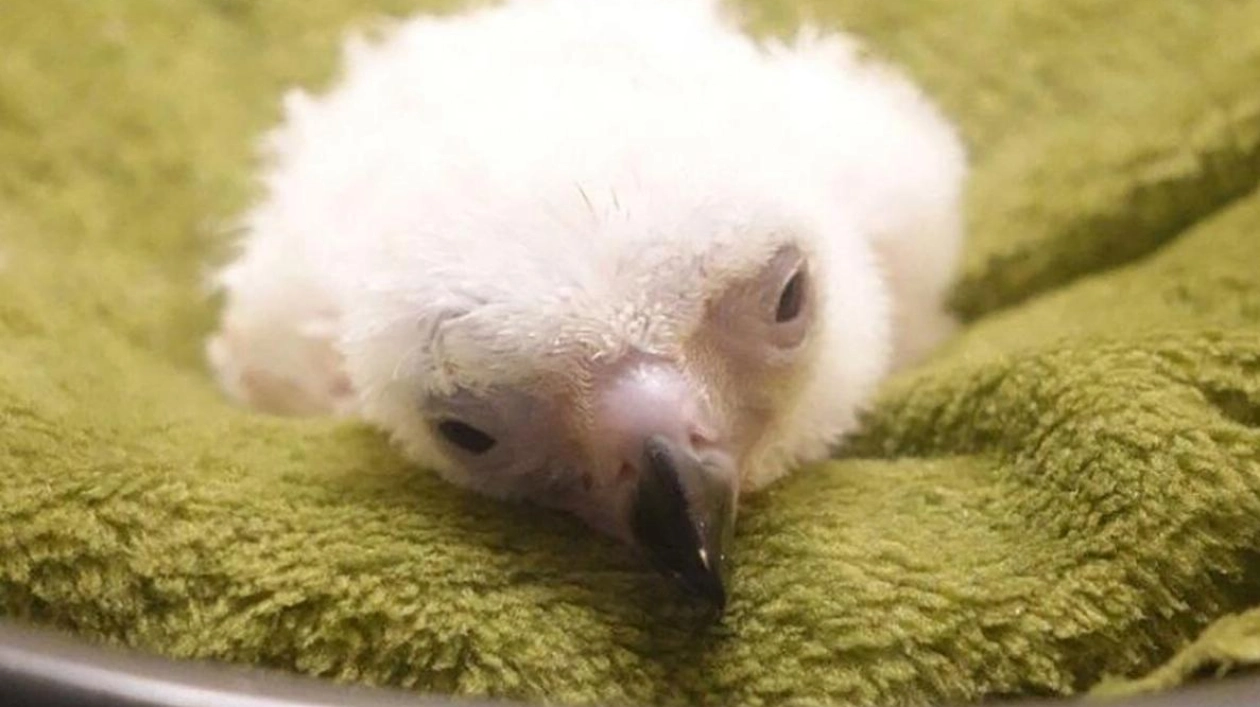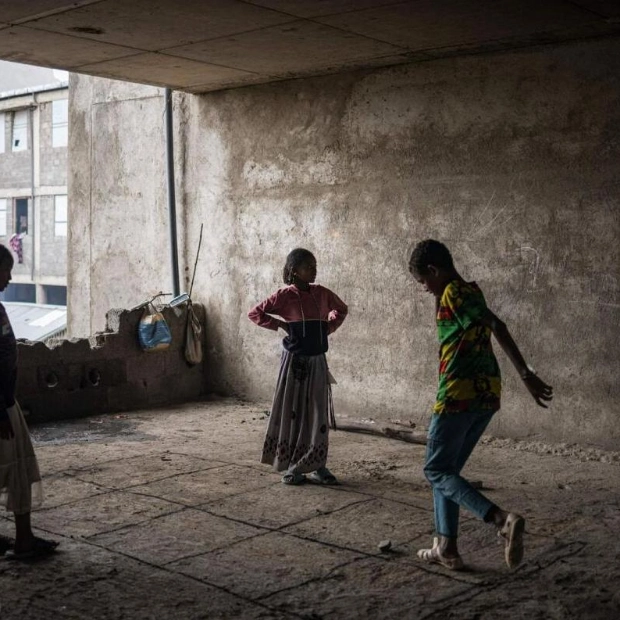A Philippine Eagle chick, known as 'Chick Number 30,' hatched at the National Bird Breeding Sanctuary in Davao City, Mindanao, has died, according to the Philippine Eagle Foundation. This unfortunate event marks another setback for one of the world's largest and most critically endangered raptors.
Habitat loss and relentless hunting have significantly reduced the population of Philippine Eagles, the national bird of the Philippines. The hatching of 'Chick Number 30' last month had briefly sparked hope that scientific intervention and conservation efforts could save the species. However, these hopes were quickly shattered.
'This heartbreaking loss serves as a stark reminder of the fragility of chick-rearing and the extreme vulnerability of critically endangered species,' the foundation stated in a recent announcement.
The 17-day-old male chick, a product of artificial insemination, was the first successful hatchling in the new facility. The cause of death was likely complications from 'yolk sac retention,' a condition common in poultry but rare in raptors. This condition can result from bacterial entry through eggshells or exposure to bacteria post-hatching.
Philippine Eagles, characterized by their impressive head plumage and a wingspan of up to 2 meters, face significant challenges in mating. There are an estimated 392 pairs remaining in the wild, with only 30 born in captivity. The foundation's ultimate goal is to reintroduce these eagles into the wild, a feat they have yet to achieve in their 37 years of operation.
Many eagles have perished due to being shot or electrocuted on power lines. Each pair requires at least 4,000 hectares of forest to hunt, an ecosystem rapidly diminishing in the Philippines. The latest chick, initially displaying normal behavior, began showing labored breathing and sneezing on November 26.
Bayani Vandenbroeck, who conducted the necropsy, noted that this was the first case of yolk sac retention encountered by the foundation's breeding team. 'Strict hygiene and management protocols were followed, so we did not expect this at all, but we will investigate where else we can improve,' he added.
Source link: https://www.khaleejtimes.com






